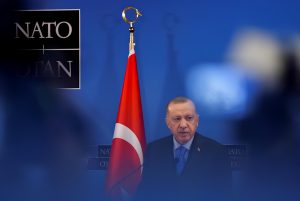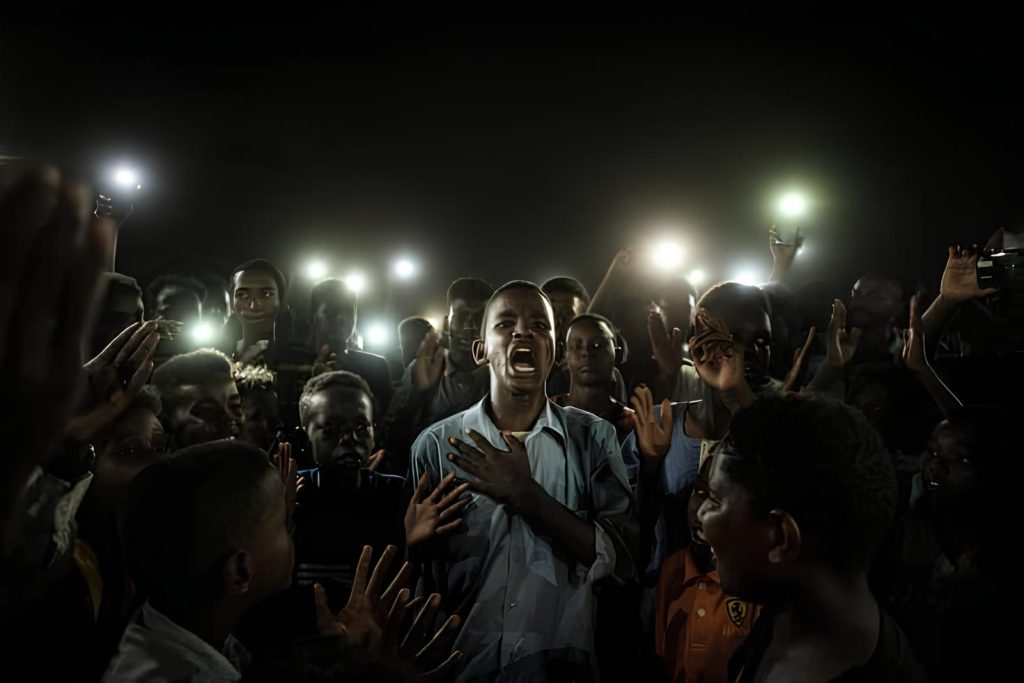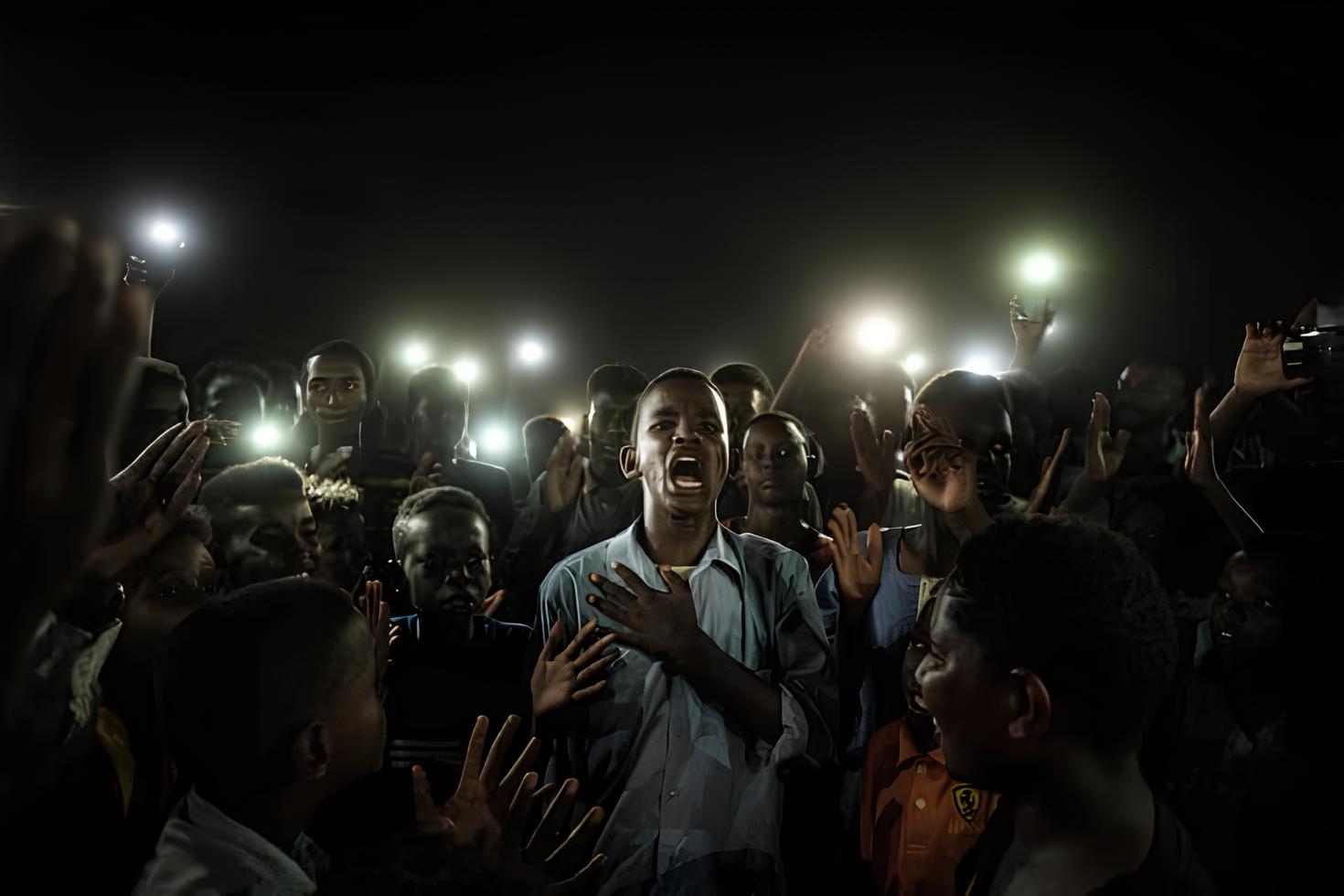








UN exits Congo post-civilian protests; Tshisekedi pushes for self-reliant peacekeeping with regional aid. Ongoing militia issues and human rights debates challenge the nation’s pursuit of autonomy.


Welcome to Africa Brief, where we take a look at the shifting dynamics in the Democratic Republic of Congo (DRC). In a landmark development, the United Nations has unanimously voted to end its 25-year mission in the country, responding to vehement civilian protests and President Felix Tshisekedi’s urgent call for withdrawal before the 2023 elections.
The United Nations has voted to phase out its presence in the Democratic Republic of Congo, and to withdraw its armed forces by the end of 2024. This unanimous vote comes after intense Congolese civilian protests of the 25 years long UN presence, and a call for swift UN withdrawal by President Felix Tshisekedi. President Tshisekedi’s call came months before the country’s presidential elections in December of 2023.
The current DRC Government, under Tshisekedi, seeks to develop its own bilateral peacekeeping arrangements with assistance from regional governments in East Africa,such as Kenya, along with peacekeeping forces from the Southern African Development Community.
Originally, the UN’s peacekeeping initiative to support the DRC began as MUNOC in 1999. MUNOC’s mission began with a distinct aim to assist in maintaining a ceasefire between warring factions in the region. By 2010, Munoc was replaced by MUNUSCO, which further aimed to support the Congolese government in protecting civilians from militia attacks while the DRC remained in an ongoing state of martial law.
Hundreds of militia groups remain active in the DRC, despite the UN presence of over 12,000 troops. Most military activity remains in the Eastern areas of North Kivu, South Kivu, and Ituri where civilians have accused both militia groups of human rights violations and UN peacekeepers of acts of misconduct involving sexual abuse and exploitation.
While US leaders insist that the DRC is not ready to maintain peace in the region without UN involvement, President Tshisekedi’s September 2023 address echoed thegrowing local sentiment that the country should be left to “take its destiny into its own hands, and to become the main protagonist of its own stability.”
President Tshisekedi was sworn in for a second term in office after a hotly contested election in early January, rife with allegations of logistical issues and malpractice. Tshisekedi began his first term in 2019 after the DRC, a mineral rich country of over 100 million people, experienced its first democratic transfer of power since gaining independence from Belgium in 1960.
Written By: GABRIEL RAMIREZ
Written By: DILARA SAHIN
Written By: DILRUBA YILMAZ
Written By: NILAY CELIK
Written By: ELDANIZ GUSSEINOV
Written By: JOSEF SCHOEFL
Written By: SELCAN BEDIRHANOGLU
Written By: FATIH CEYLAN
FA’s flagship evening newsletter guilding you through the most important world streis ofthe day. Delivered weekdays.
